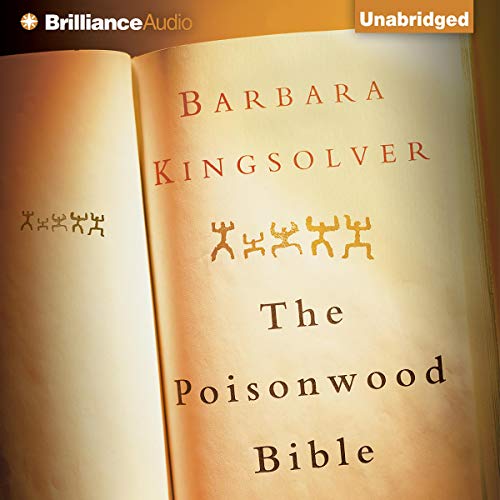

Barbara Kingsolver, The Poisonwood Bibleĥ8. Roddy Doyle, The Woman Who Walked into Doorsĥ3. Michael Chabon, Werewolves in Their YouthĢ8.

Coraghessan Boyle, The Tortilla Curtainġ7. These are books, King writes, that directly inspired him: “In some way or other, I suspect each book in the list had an influence on the books I wrote.” To the writer, he says, “a good many of these might show you some new ways of doing your work.” And for the reader? “They’re apt to entertain you. These are the ones that worked for me, that’s all.” Below, we’ve excerpted twenty good reads he recommends for budding writers. King prefaces the list with a disclaimer: “I’m not Oprah and this isn’t my book club. He includes several non-fiction books as well. King recommends contemporary realist writers like Richard Bausch, John Irving, and Annie Proulx alongside the occasional postmodernist or “difficult” writer like Don DeLillo or Cormac McCarthy. Rowling sit comfortably next to lit-class staples like Dickens, Faulkner, and Conrad. Best-selling genre writers like Nelson DeMille, Thomas Harris, and needs-no-introduction J.K. As evidence of his disregard for academic canons, we have his reading list for writers, which he attached as an appendix to On Writing. Few contemporary writers have challenged the somewhat arbitrary division between literary and so-called genre fiction so much as Stephen King, whose status provokes word wars like this debate at the Los Angeles Review of Books. Whatever adjectives critics throw at him, King plows ahead, turning out book after book, refining his craft, happily sharing his insights, and reading whatever he likes.


 0 kommentar(er)
0 kommentar(er)
